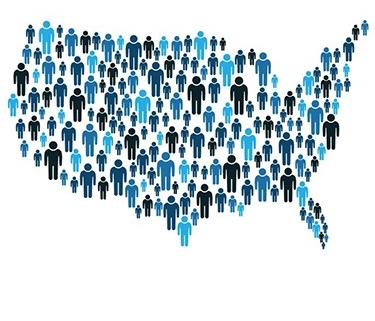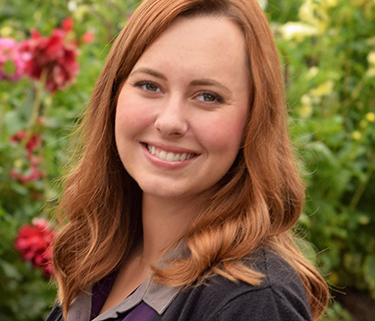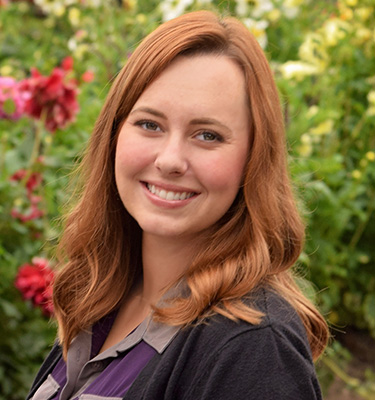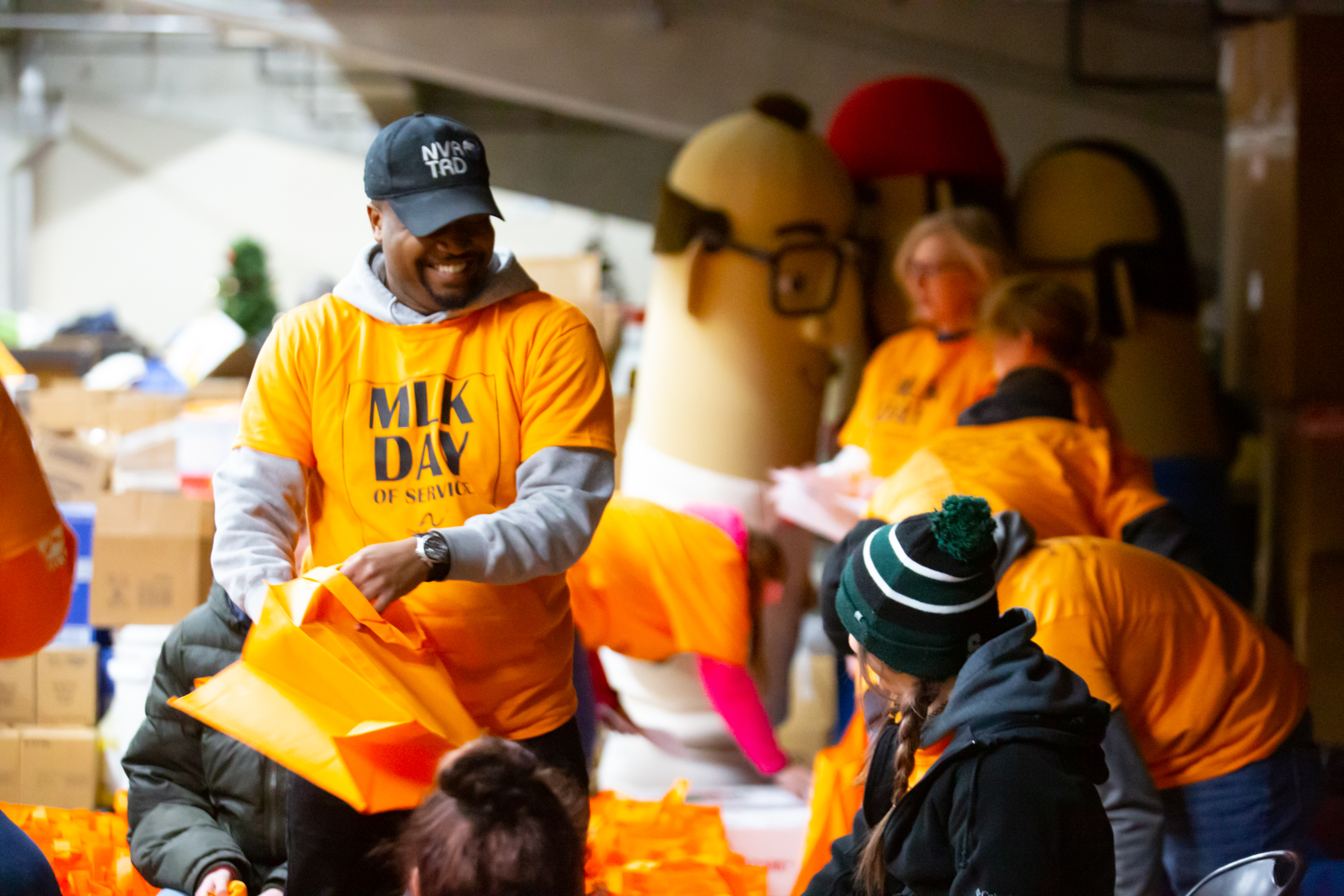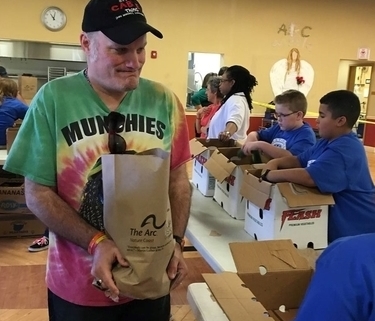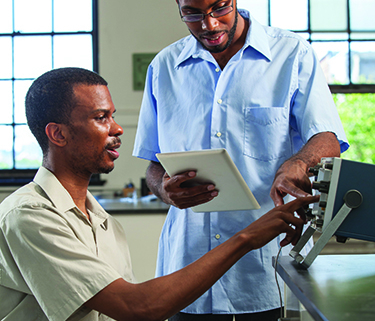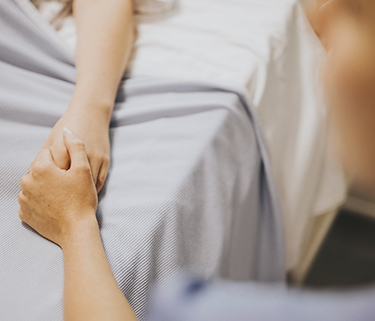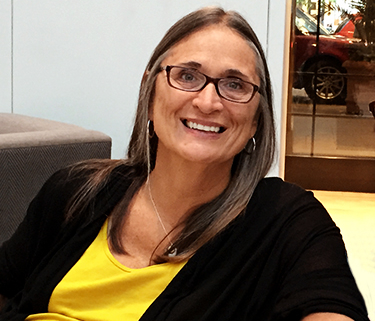By Jennifer Alexander and Katy Schmid
Up to 40% of people with intellectual and developmental disabilities (IDD) experience co-occurring mental illness. As a former direct care worker and special educator, we both had seen firsthand many issues that people with IDD and mental health needs faced in our work. Even still, we were unprepared for the level of need our journey revealed.
Through grants with partners Boston University, Self Advocates Becoming Empowered, and the Family Support Research and Training Center at the University of Illinois at Chicago, we met with people with IDD and mental health needs, families, and disability, education, and mental health professionals.
In meetings around the country and through a nationwide survey, we heard people share stories, challenges, and tears.
Here are some of the heartbreaking stories that we heard (you can find more takeaways and trends in this brief). They serve as a call to action that we can—and must—do better and work together to make the world better for people with IDD and mental health needs and their families.
“People think that we are bad people, that our family members are bad people.”
People with IDD and mental health needs and their families often felt that people did not understand them or were judging them when they would talk to others in the community. They felt that others may not believe or value them when they shared about their life. They also felt that they would be judged for any crises or situations that may occur. Even when they would go to mental health or IDD support groups, they felt other members did not understand what they were feeling or going through. People with IDD and mental health needs and their families reported feeling lonely and isolated, with very few people to rely on for social or emotional support.
“I went to one therapist and I talked to them about all of the anger that I had…Instead of supporting me…he attacked me.”
Disability, mental health, and education professionals frequently lack training or knowledge around IDD and mental health needs. Professionals may know how to support people with either IDD or mental health needs, but often do not know how to support people with both concerns. Many with IDD and mental health needs feel like they do not get adequate support from professionals because they do not know promising practices or how to tailor services. People with IDD and mental health needs and their families also feel that professionals may also set unrealistic goals or targets for families because they don’t understand what a family’s real life is like each day. Several participants also expressed that professionals will refuse to provide services to a person because of their dual diagnosis.
“We don’t have the services and support we need. We are waiting for the next crisis to occur.”
People with IDD and mental health needs often end up in a cycle of hospitalization, a return to home, and re-hospitalization. This may occur for several reasons: they may have experienced additional trauma in the hospital, they did not get the right support in the hospital, or there may be no step-down supports available and accessible to people with IDD and mental health needs after hospitalization. Many families reported that they often feel that they are in a continual crisis cycle and that they have no way to escape this pattern because of a lack of effective supports.
“Instead of helping us, the systems fight each other about who will pay.”
Both the disability and mental health systems are extremely complicated to work with and navigate. People with IDD and mental health needs and their families often struggle to identify resources or services in each system, to determine whether they are eligible for services, and to understand whether insurance will pay for the services a person and family need.
This is made more complicated by the way these systems determine who will pay for the services. The disability and mental health systems do not often talk with each other to determine eligibility and payment. Frequently, the family feels caught in the debate about which system will pay for services. The result: long wait times to receive services and having to pay out of pocket.
We Must do Better: A Call to Action
In addition to the challenges that were shared during our sessions, people with IDD and mental health needs, their families, and professionals also shared their expertise with us on what our society do to better support them. They identified the following activities:
- Develop trainings—most notably a nationwide, replicable training around IDD and mental health for disability, education, and mental health professionals.
- Support systems change activities that improve navigation and communication between the IDD and mental health systems.
- Support research to further develop evidence-based mental health treatments for this population.
- Support the development of programs to improve access to quality mental health care (regardless of insurance status).
- Develop and improve access to support groups for people with IDD and mental health needs and their families to help them avoid feelings of isolation and loneliness.
- Create public awareness campaigns to counteract stigma and misconceptions around IDD and mental health needs.
READ THE FULL BRIEF
This summer, The Arc held focus groups in Florida, Indiana, and Maryland with professionals in the disability, education, and mental health fields. These focus groups lead us to develop further recommendations around this national training. We plan to release an updated brief this fall with these recommendations.
We also hope to continue to work around the country with the incredible people, families, professionals, research groups, and training centers that are dedicated to advancing the effort to support these families. Together, we can work together to help the people with IDD and mental health needs and their families nationwide.

